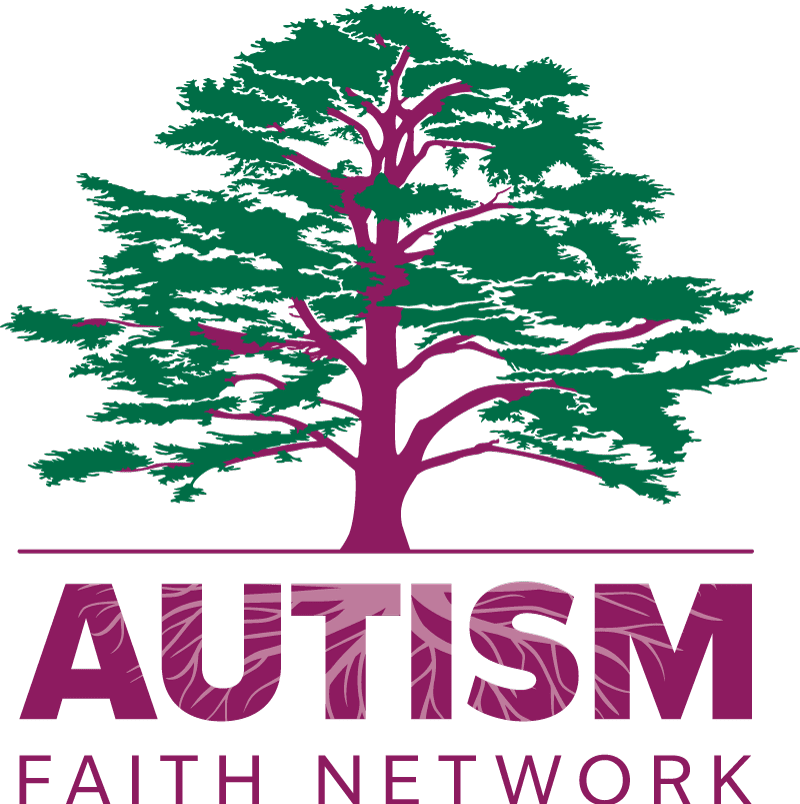What is Autism?

We desire for all places of worship to be informed about autism.
This will empower you to offer the best activities and support possible.
Here are some key facts about autism.
Autism is a condition that affects the brain. It causes problems with a person’s social interactions, behavior and ability to communicate. It is often diagnosed in childhood and continues throughout adulthood. In some cases, a person may not get diagnosed with autism until they become an adult.
Autism affects each person differently, which is why it is called a spectrum disorder. Symptoms can range from mild to severe.
Who Is Affected By Autism?
According to the 2025 Community Report on Autism, about 1 in 31 eight year old children were diagnosed with autism. Boys are more than 3 times likely to be diagnosed. Autism can occur in persons from all ethnic, racial and income levels.
Autism can be diagnosed at 2 years of age, but most children are more likely to be diagnosed after 4 years of age. A late diagnosis can cause someone to miss out on early intervention. This is why it is very important to know the signs of autism. Research has shown that early intervention can help a child catch up on developmental delays. It can also help improve a child’s quality of life.
What Are The Signs Of Autism?
Signs of autism may include a child:
- Not making eye contact
- Not responding to their name
- Losing skills that they had before, such as talking
- Not pointing at objects
- Placing toys and objects in a straight line
- Not playing pretend games
Other signs include:
- Delayed speech and language skills
- Repeating words and phrases over and over again
- Problems with change and transitions
- Obsessive interests
- Hand flapping, rocking or spinning in circles over and over again
- Trouble with understanding the feelings of others or their own
- Uncommon reactions to the way things sound, smell, taste, feel or look
If you notice any of these signs in your child, please talk with your child’s doctor and share your concerns.
What Causes Autism?
The exact cause of autism is not known, but research shows that genes passed down through families can play a role. Because of this, parents of a child with autism are more likely to have another child with autism.
Fragile X syndrome and tuberous sclerosis are two genetic disorders that are passed down through families. These genetic disorders increase the chance for a person to be diagnosed with autism.
In addition, people who have children at a later age are more likely to have a child born with autism.
Autism is not contagious. It is not a result from bad parenting. It also is not the result of sin or punishment from God.
There is no valid scientific evidence to prove that vaccines cause autism. ]
How Is Autism Treated?
There is no cure for autism. However, therapy for your child at an early age can make a big difference. Some of the therapy options for autism include:
- Speech Therapy to help with speech and language delays
- Occupational Therapy to help with sensory issues and life skills
- Applied Behavior Analysis (ABA) to teach skills by rewarding good behavior and discouraging bad behavior
- Picture Exchange Communication, which uses pictures to express thoughts
- Floortime, which engages a child through play to improve communication
You and your child’s doctor or therapist will decide on the best treatment for your child.
Why Does My Congregation Need To Learn About Autism?
Autism is one of the fastest growing developmental disorders in the United States. As a result, it is very likely that your faith community will meet someone with autism. Studies have found that many special needs families have reduced or stopped their participation in religious activities due to a lack of support. Partnering with the Autism Faith Network can help your congregation become more aware of how to welcome autistic persons and their families.
Is your church autism friendly? If not, we can help!
Join our mission. Volunteer, Donate, Advocate. Get Started Today.
Email: info@autismfaithnetwork.com
Call: (404) 500-8229
